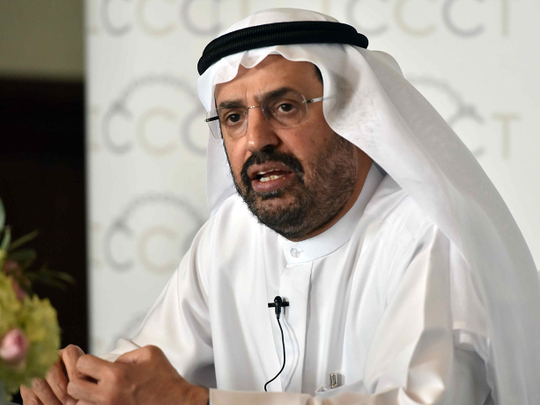
Saudi Arabia’s Takaful industry has seen significant growth, driven by the country's efforts to align its financial sector with Shariah-compliant principles. The Takaful market, which operates on the basis of mutual cooperation and shared responsibility, offers an ethical alternative to conventional insurance. This has made it particularly attractive in the GCC, where demand for Shariah-compliant financial products is rising.
The Kingdom’s recent initiatives reflect its broader Vision 2030 plan, which aims to diversify the economy and reduce reliance on oil. By promoting the Takaful sector, Saudi Arabia is tapping into an underexplored segment of the financial services market, which has substantial potential for growth. The Islamic insurance industry in the GCC is projected to grow steadily, with Saudi Arabia at the forefront of this expansion.
A major catalyst for this growth is the government's regulatory reforms aimed at improving the business environment for Islamic finance. The Saudi Central Bank (SAMA) has implemented several measures to enhance the regulatory framework governing Takaful operations, ensuring greater transparency, efficiency, and consumer protection. These reforms have attracted international interest, with foreign insurers looking to enter the market through joint ventures and strategic partnerships with local firms.
In the first quarter of 2024, the Saudi insurance sector posted a combined profit increase of 50%, reaching SAR 910.5 million. This impressive performance underscores the sector’s resilience and growth potential, even in the face of global economic uncertainties. The positive financial results are largely attributed to the rising adoption of Takaful products, which cater to a growing segment of the population seeking ethical and Shariah-compliant insurance solutions.
Furthermore, Saudi Arabia's Takaful market is expected to benefit from the increasing digitization of financial services in the region. Insurtech, or insurance technology, is playing a pivotal role in making Takaful products more accessible and affordable. Digital platforms are enabling insurers to reach a wider audience, particularly among younger, tech-savvy consumers who prefer managing their financial needs online.
As Saudi Arabia continues to invest in the development of its Takaful industry, it is also fostering closer collaboration with other GCC countries. The Kingdom is working with its neighbors to harmonize regulations and create a more integrated Islamic finance ecosystem across the region. This collaborative approach is expected to facilitate cross-border trade and investment in Islamic insurance, further strengthening the GCC’s position as a global hub for Shariah-compliant financial services.
The expansion of Takaful in the GCC is not without challenges. The industry faces competition from conventional insurance providers and must navigate complex regulatory environments in different countries. However, the ethical appeal of Takaful, combined with strong government support, positions it well for sustained growth in the coming years.
As Saudi Arabia leads the charge in expanding the Takaful market across the GCC, it is setting the stage for a new era in Islamic finance. The Kingdom’s efforts to promote Shariah-compliant insurance are not only boosting the domestic economy but also contributing to the broader goal of economic diversification and regional integration. With the global Islamic finance market projected to grow significantly in the next decade, Saudi Arabia’s leadership in this space is likely to have a lasting impact on the financial landscape of the GCC.
Topics
Gcc
